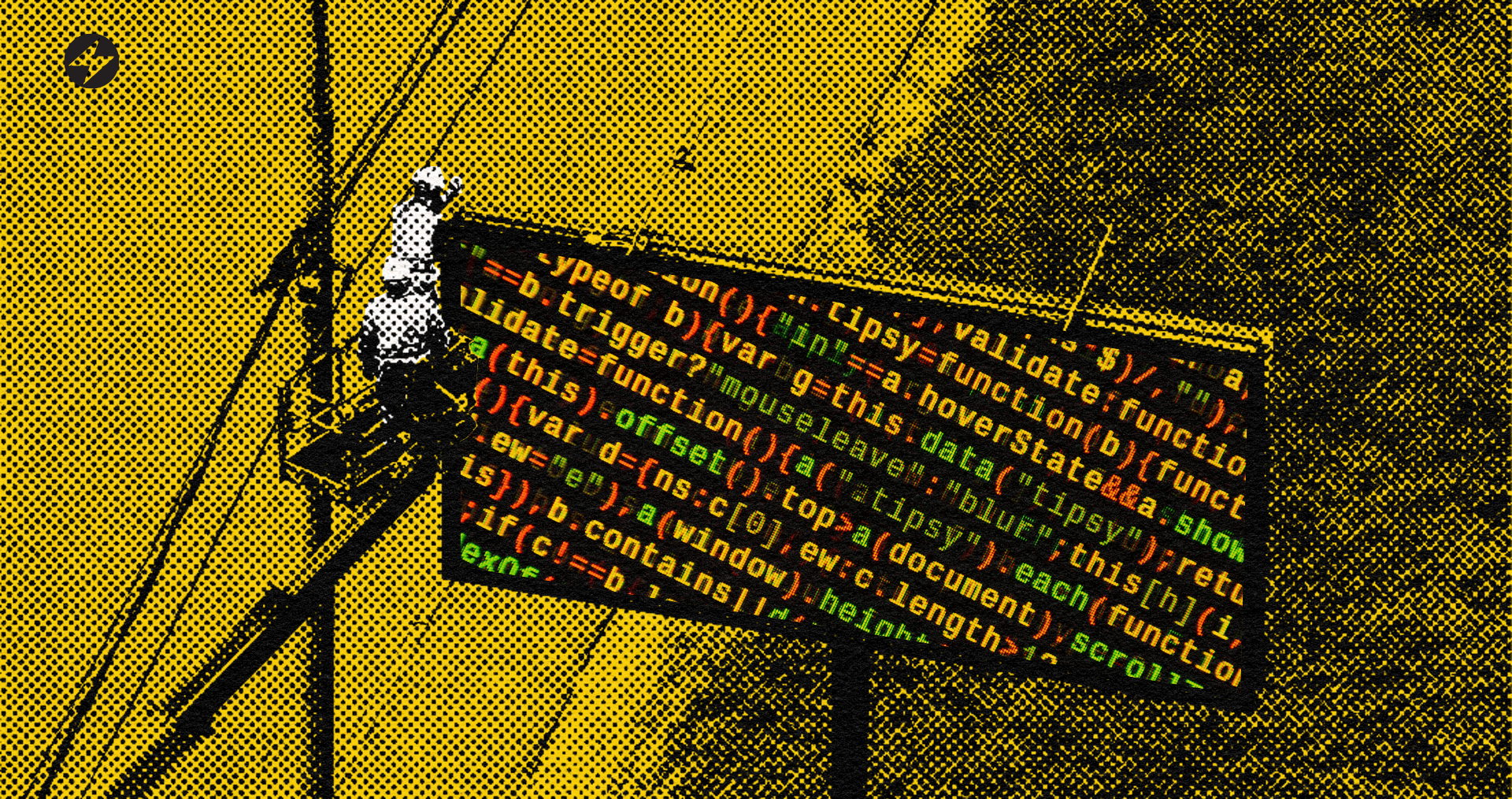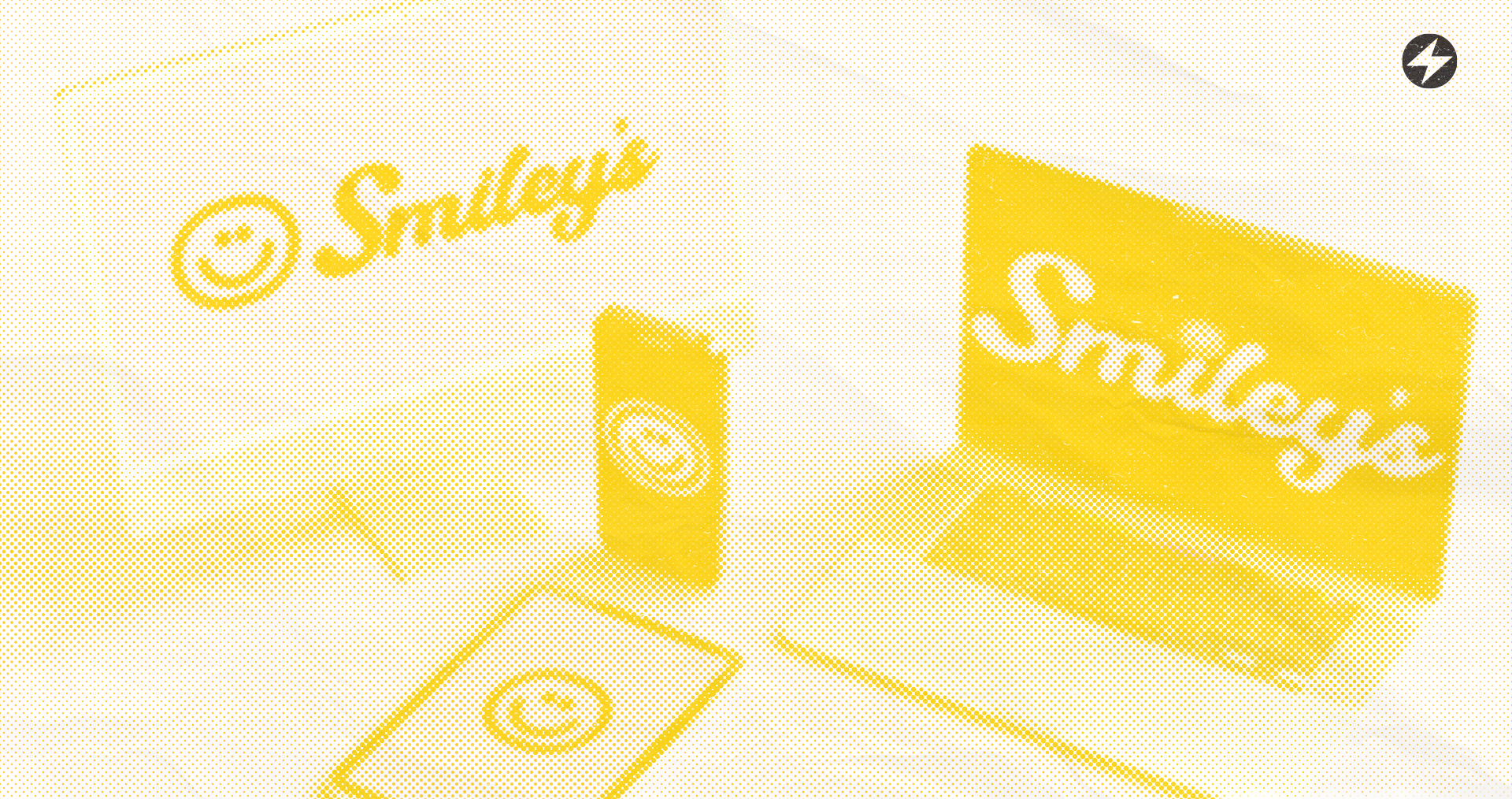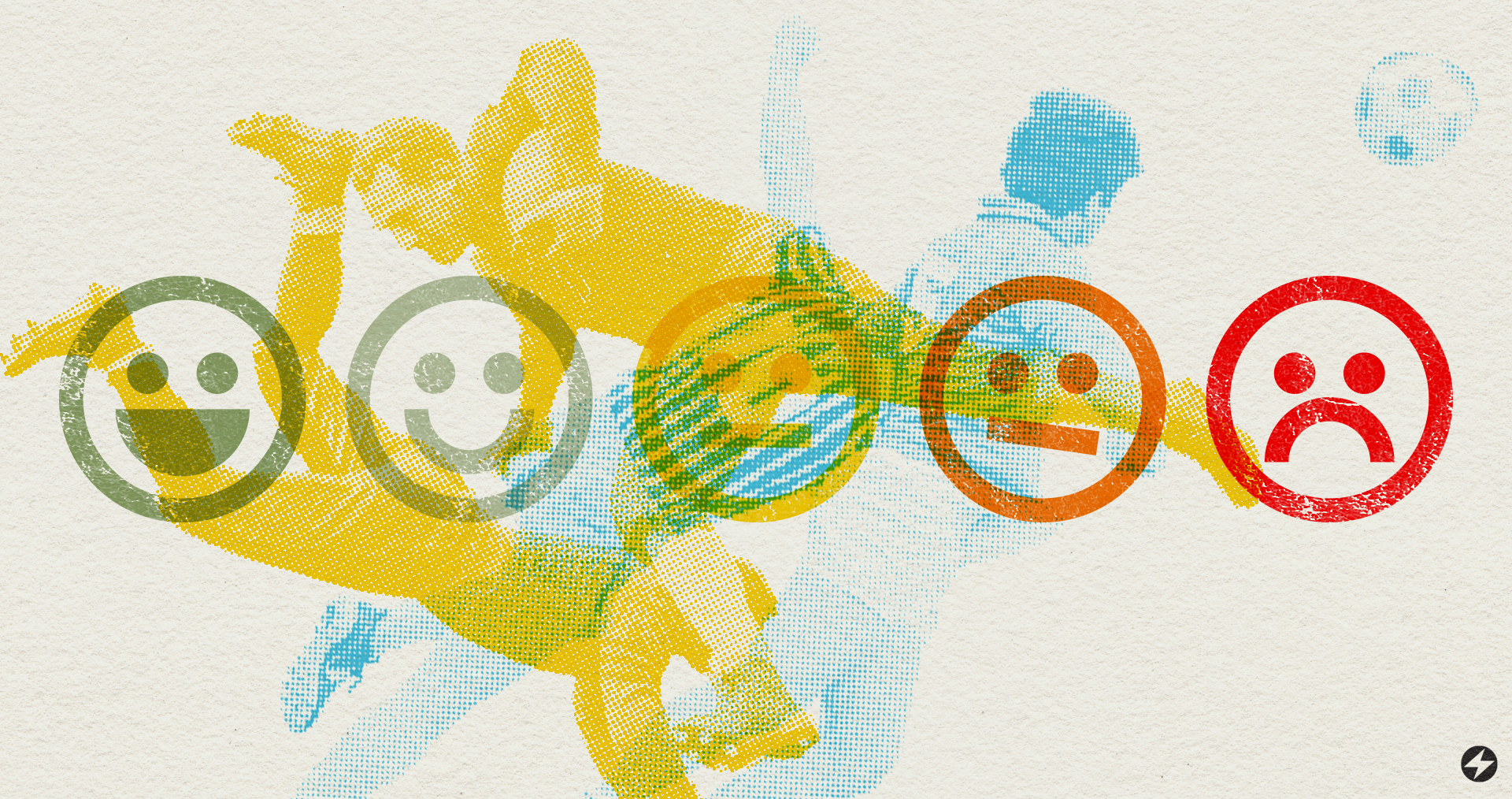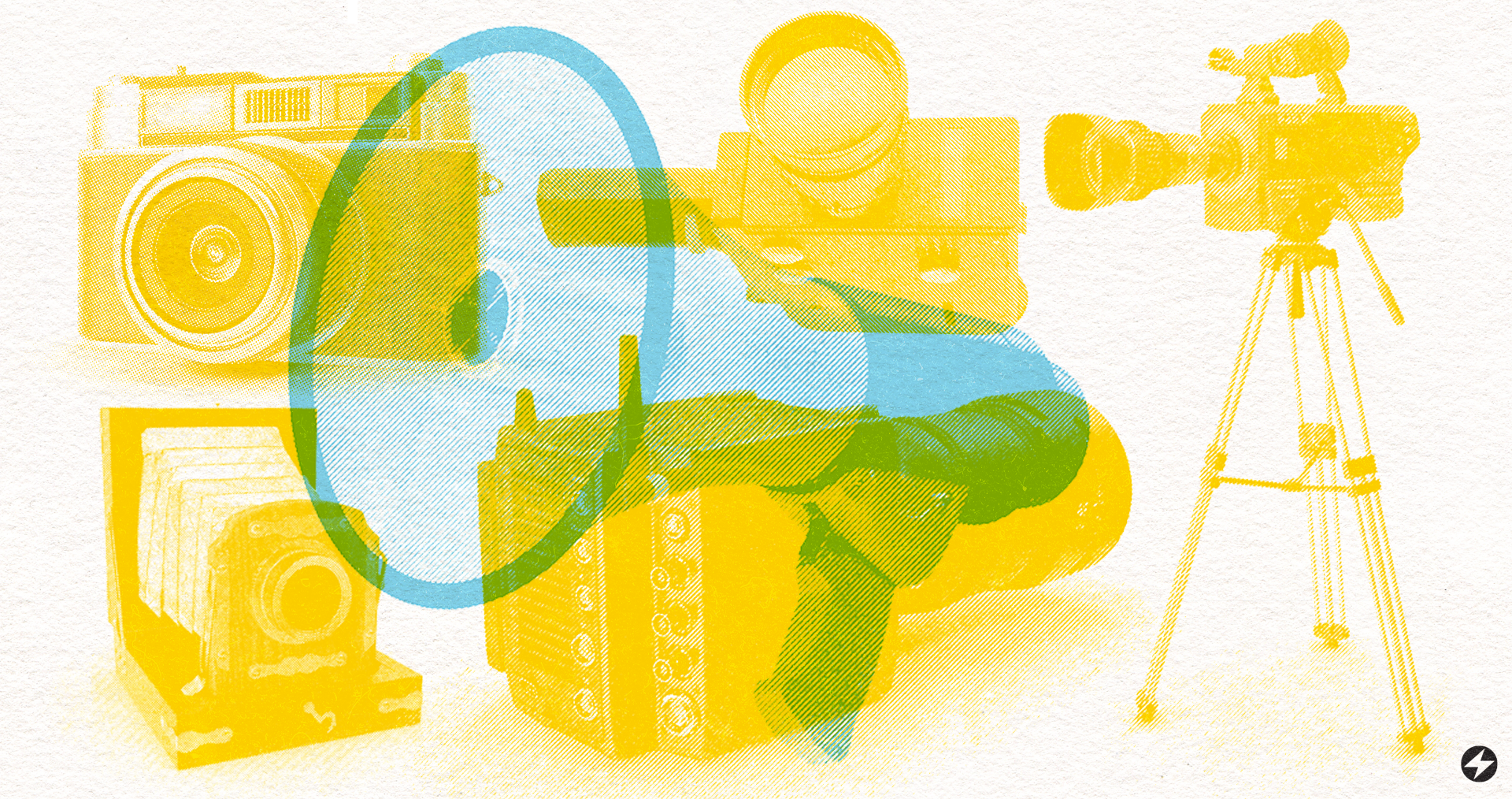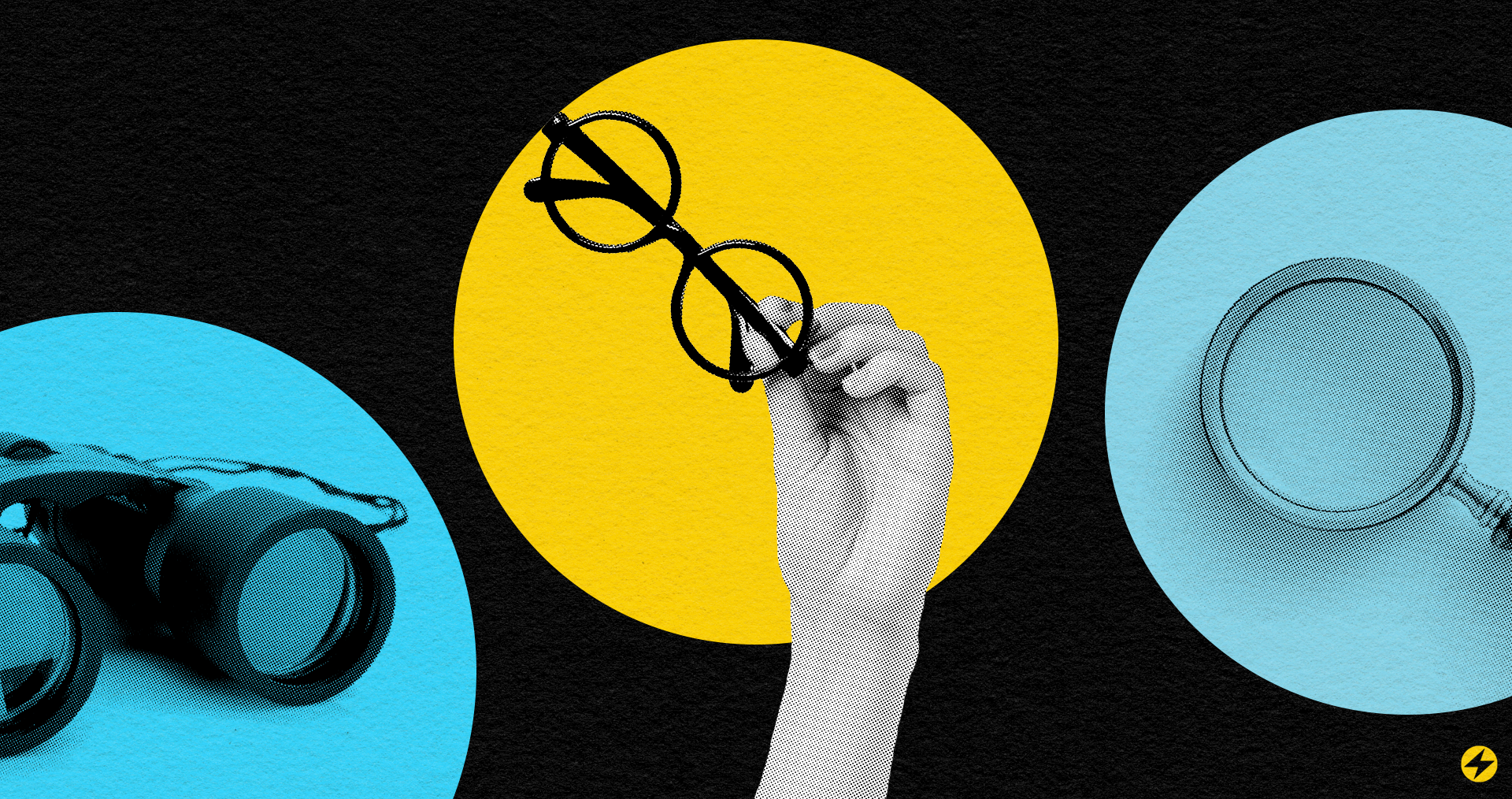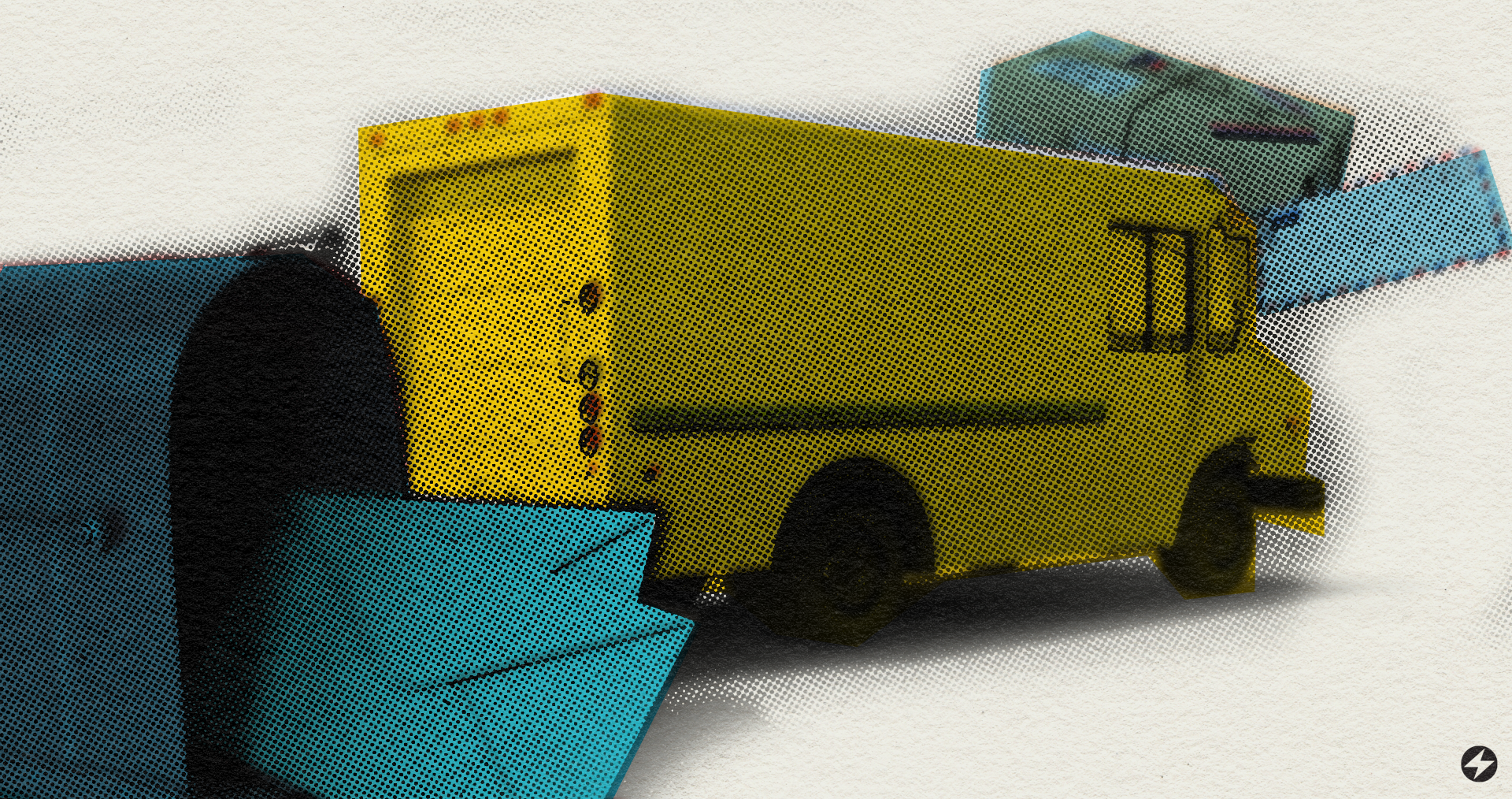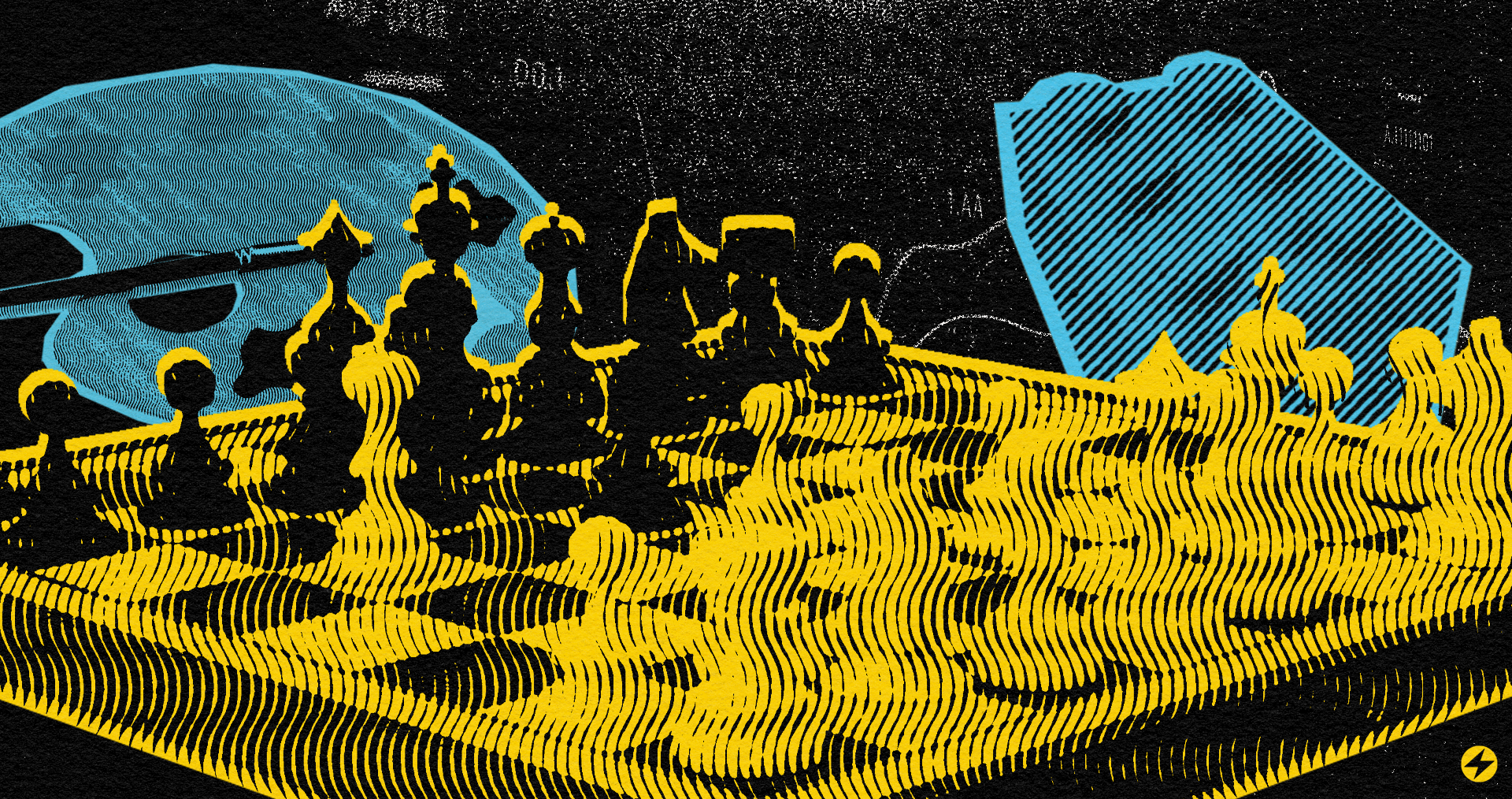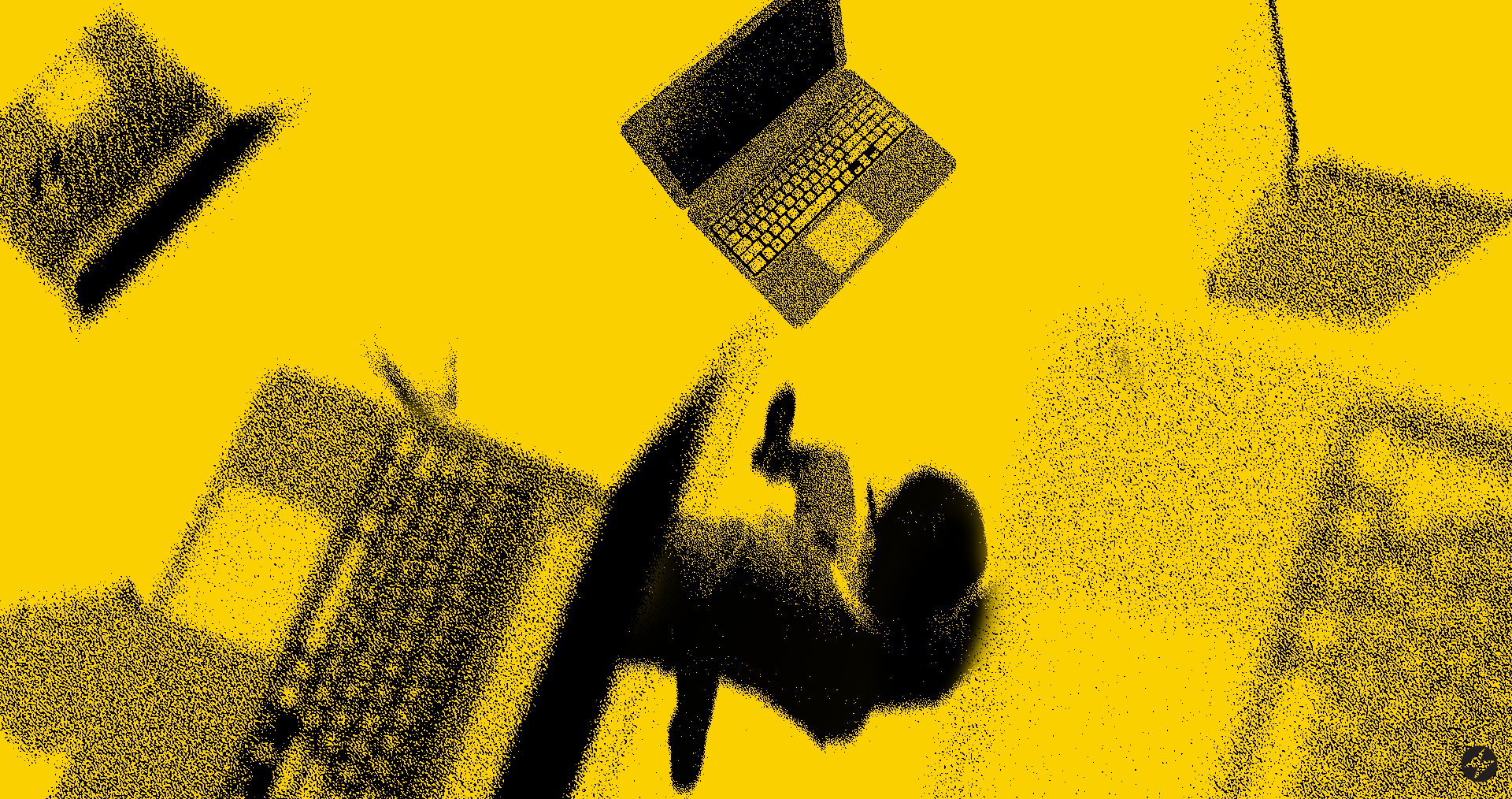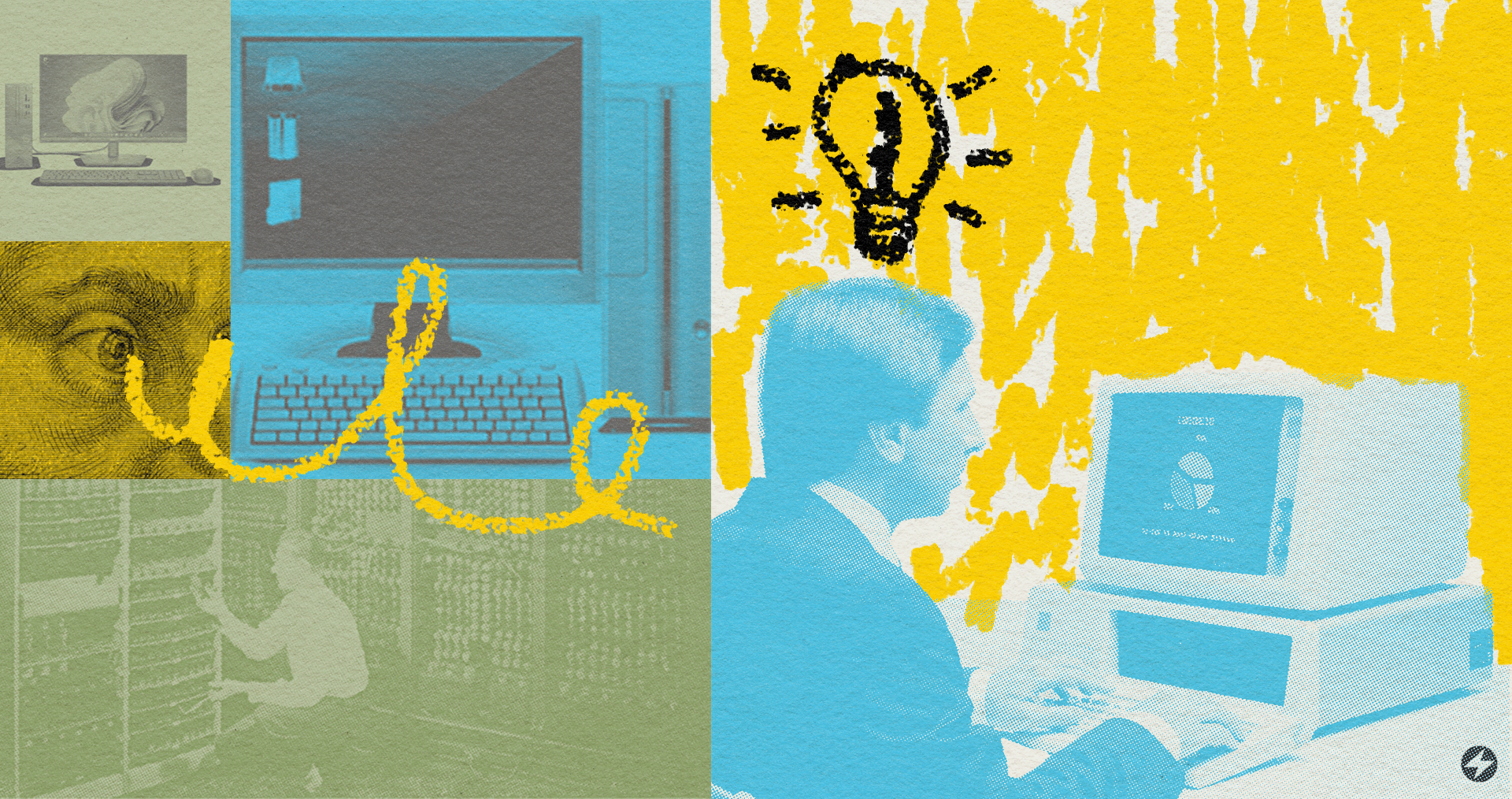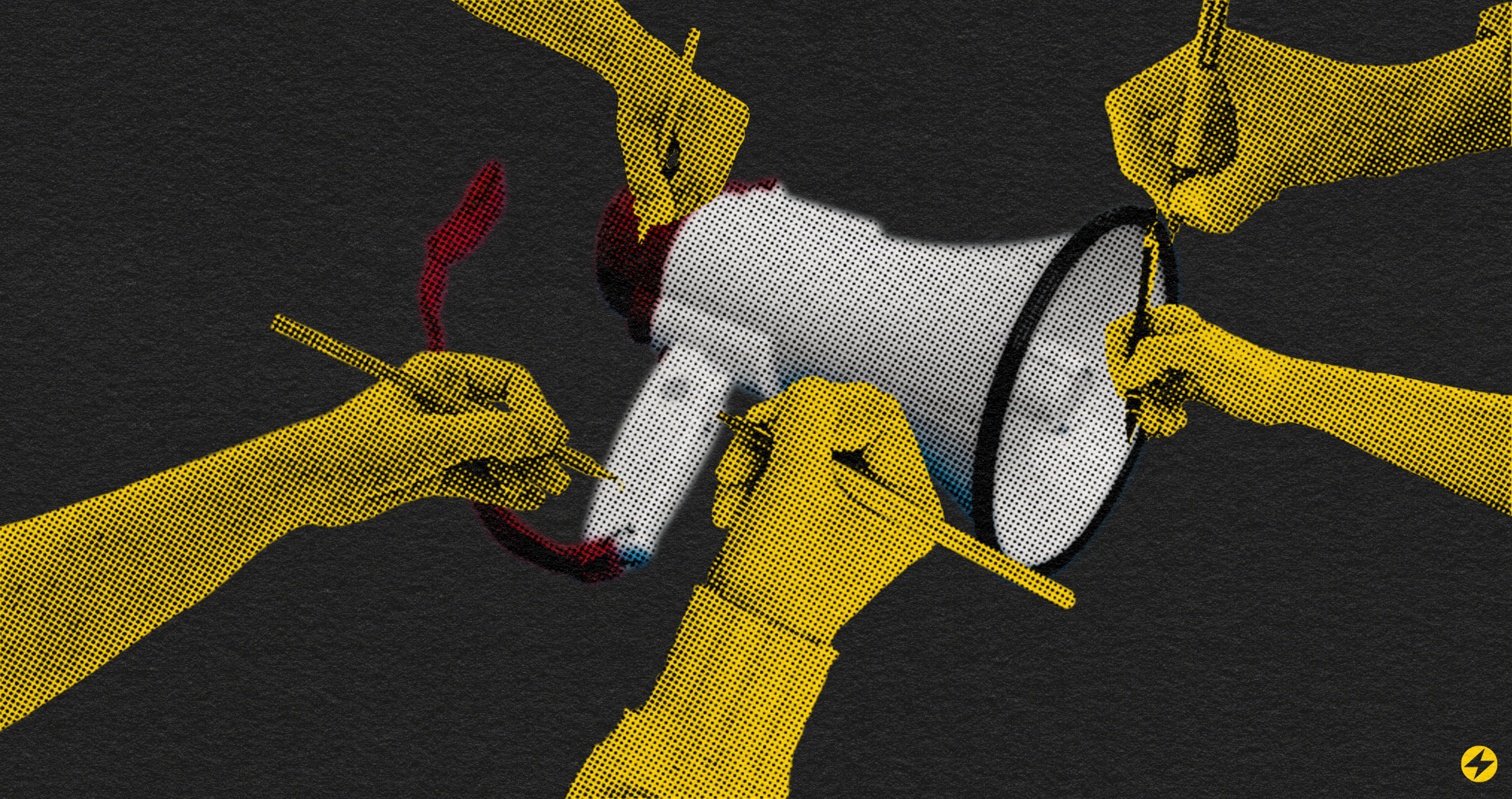6 Common Mistakes to Avoid When Hiring a Website Designer
This is a subtitle for your new post
Hiring the right website designer can be key for your business.
It can transform your online presence and attract more customers. However, this process is not without its hurdles.
Choosing the wrong designer can lead to a site that doesn't reflect your brand or misses the target audience. Even worse, it could cost you money without delivering results.
So how do you find the right website designer?
To help you navigate this crucial decision, this post will explore key hiring website designer tips. It will also tell you what you should watch out for to ensure you find the right match for your needs.
1. Don't Rush the Hiring Process
When it comes time to hire a website designer, patience is crucial. Diving too quickly into a decision can lead you to miss red flags. Or settle for a designer who isn't a good fit to get things moving.
Start by defining your project's scope and expectations.
What functions do you need on your website? What is your timeline? Knowing these details will help you communicate your needs.
Once you have a clear idea, reach out to multiple designers. Examine their proposal details, timelines, and the type of support they offer post-launch.
A good designer will ask questions about your objectives, audience, and brand. This interaction is crucial as it shows their commitment to aligning with your vision.
Ask them for a project outline or a draft timeline. Remember, a rushed decision might leave you with a website that doesn't serve your business's needs, leading to a loss of time and resources.
2. Don't Ignore Their Past Work
One key website design pitfalls is not examining a designer's portfolio. A designer's previous work is a window into their style, capability, and experience.
Do their design aesthetics align with your brand? Have they worked with businesses in your industry? Reviewing their work can give you insights into their expertise and how well they might handle your project.
Don't just settle for screenshots of their projects. Ask for live website examples so you can interact with their work.
Check for user-friendliness, loading times, and mobile responsiveness.
A designer proud of their work will show you their successes. If they hesitate to provide references or examples, consider it a cautionary tale. Always remember that a thorough vetting process will lead you to a designer well-equipped for your specific needs.
3. Don't Forget to Talk Budget
Discussing finances from the outset is essential when choosing a web designer. Open conversations about the budget prevent hidden costs later.
Be clear about what you can afford and ensure the proposed budget aligns with market rates. Transparency about costs helps set the stage for a professional relationship based on mutual respect and honesty.
Inquire about what the quoted price includes.
Does it cover hosting, domain registration, and maintenance? Understanding these details upfront will help you evaluate if their services offer good value.
Also, be wary of prices that seem unusually low. This could be a sign that the designer might take shortcuts or lack experience. Finding a balance between cost and quality is key to a successful project.
4. Don't Assume They Do Everything
It's a big mistake to think that all designers offer the same services or have every skill your project needs. Some designers focus mainly on the look of the site. Others might also offer coding, write copy, or help with social media.
Talk openly with potential designers about what specific services they provide.
Ask direct questions, like if they handle both design and development. Or if they can assist with SEO and digital marketing. This will clarify whether you need to hire additional help for certain parts of your project.
Also, knowing what your designer can and cannot do helps you plan better and avoid unexpected issues later.
Remember, just because a designer is talented, doesn't mean they excel at everything. Check their strengths and what tasks might need other professionals.
5. Don't Forget About Updates
Once the designer builds your website, you can't just leave it alone. Websites need updates to stay fresh and work well. Ask your website designer if they offer updates and how often these can be done.
This is important to keep your website updated to fix any problems and add new features. Find out what updates will cost.
Some designers include updates in their initial price. Others charge extra. Either way, knowing this helps you to plan your budget effectively.
If your designer doesn't offer long-term update services, you might need to find someone else for this job. Having a simple plan for updates keeps your website running smoothly and looking good as your business grows.
6. Don't Ignore Your Gut
Trust is fundamental when you work with someone on something as important as your business's online presence. One of the worst hiring mistakes you can make is if, during your interactions, something feels off, and you overlook it.
Maybe it's the lack of clarity in their responses or their reluctance to commit to specific details. Or maybe just a general lack of enthusiasm.
These gut feelings can be indicators of potential issues down the line, whether in terms of project execution or ongoing service.
Listening to your instincts could save you from future frustration. When in doubt, take a step back and reevaluate. Sometimes the best decision is not to proceed.
Choosing the Right Website Designer for Your Needs
Hiring the right website designer is about more than just finding someone who can create a visually appealing site. It's about finding a strategic partner who understands and enhances your business vision.
By avoiding these common mistakes, you can ensure that your website will be a powerful tool in your business's arsenal. Keep these insights in mind when selecting a designer who will contribute to your success.
At Bolt Marketing, we strive to provide small business owners with the creative solutions they need to succeed. If you're looking for a website designer who will work with you to create an effective online presence, contact us today!
